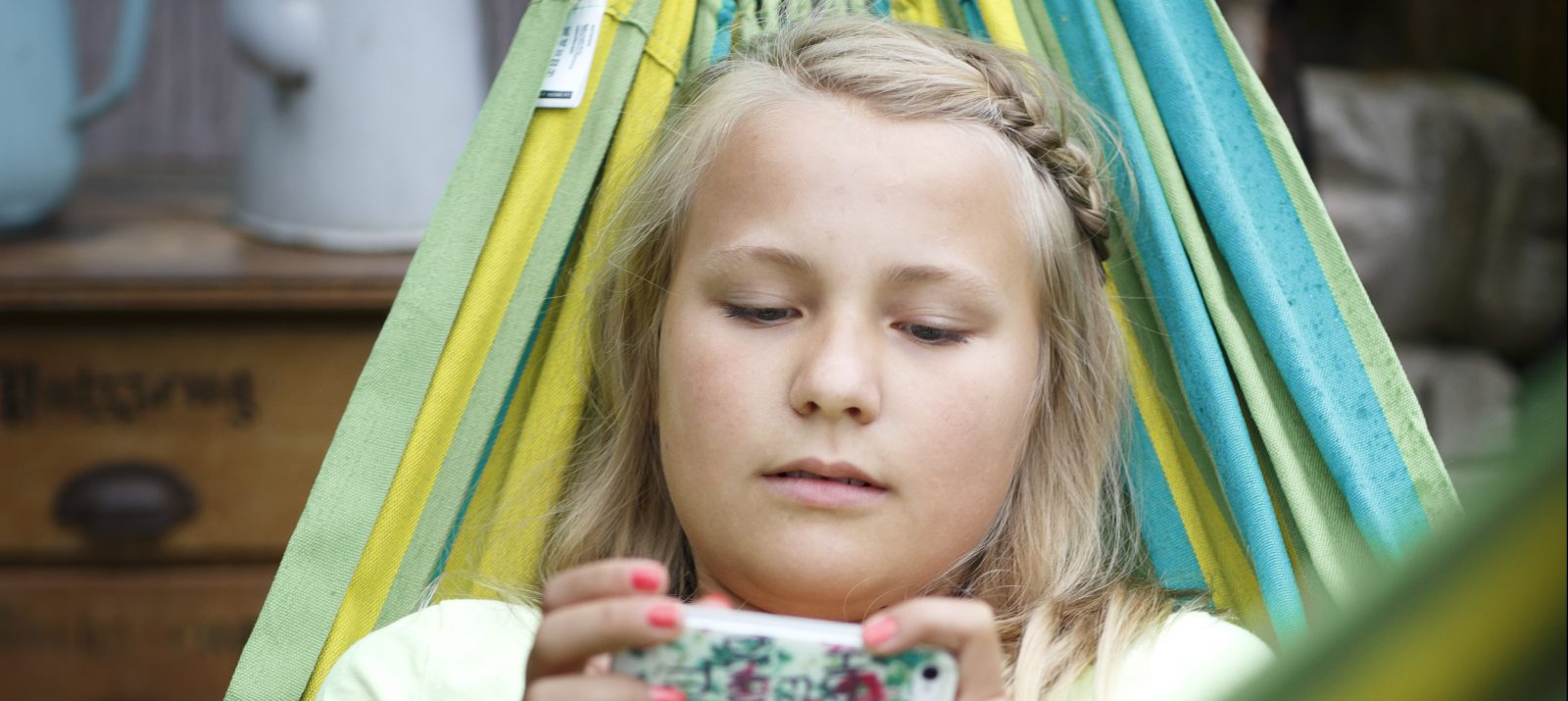
Too old for Die Sendung mit der Maus, but still too young for Galileo? There is a time when your child doesn’t really know his place. It’s somewhere between childhood and adolescence. This affects many of the approximately 11- to 13-year-olds. They are in a transition phase, which is also reflected in their media usage.
While there is a tailored offer for children consisting of age-appropriate books, audio and TV programs, the older children who are no longer interested are sent directly into the adult world of media. The jump is quite big and the offer can still partly overwhelm your child.
At the onset of puberty, your child is on the cusp of becoming an adolescent. In some things it still behaves childlike, in others it already wants to separate itself from you. It is increasingly oriented to elders and to people, trends and ideas outside the family. As a result, there is less and less interest in children’s media.
In this phase, most children also get a smartphone, so they can increasingly use media independently and self-determined. They begin to build their own world without the accompaniment and supervision of their parents, using the means of the media. However, your child is not yet very good at assessing what it means to put certain data on the Internet and what risks he or she can expect on the Net. Therefore, your daughter or son depends on constant communication with you.
Whether your child still wants to watch children’s shows, or whether he or she is more of an early adopter and is already zapping through adult programming at age eleven, you should support his or her developmental stage and give him or her the time he or she needs.
Gradually, you should relinquish control and support your child in being able to use media independently, safely and responsibly. Although your child has already gained some experience, he or she still approaches many things without any forethought, which means that he or she can easily come into contact with content that is harmful to minors via the Internet. His or her curiosity and desire to increasingly distance himself or herself from adults also leads him or her to seek out provocative content. Nevertheless, as parents, you still have an important role to play in providing guidance during the transition phase. Keep talking to your child and asking about his or her media experiences.
You have to search a bit for offers suitable for this age group and not every child will be interested in them. On classic media such as books or audio plays, age information is helpful. In the case of computer games and films, there is often only the youth protection information by the Freiwillige Selbstkontrolle, which “only” tells you whether the content is unproblematic for development from a certain age.
Media offerings tailored for children in the transition phase exist, on closer inspection, both on TV and on the Net. Here are a few recommendations:
You should also allow your child to take advantage of offerings that are not specifically for children. Find out about programs and content in advance. Watching a movie or playing a game together as a family gives your child the opportunity to ask questions and helps you see how he or she is coping with certain content.